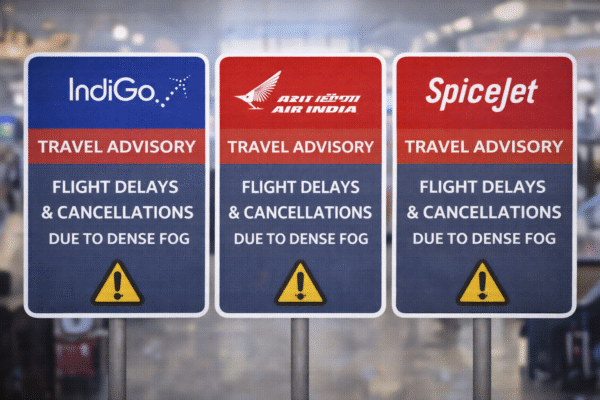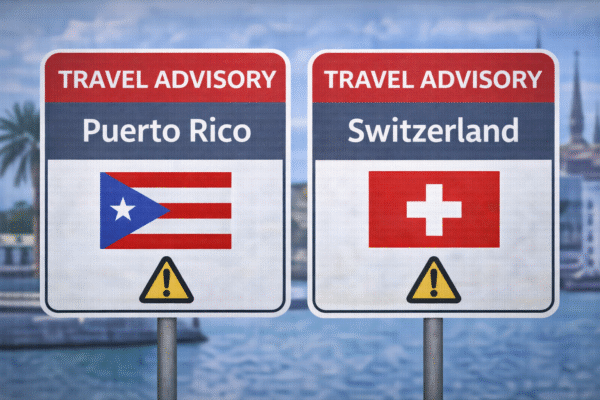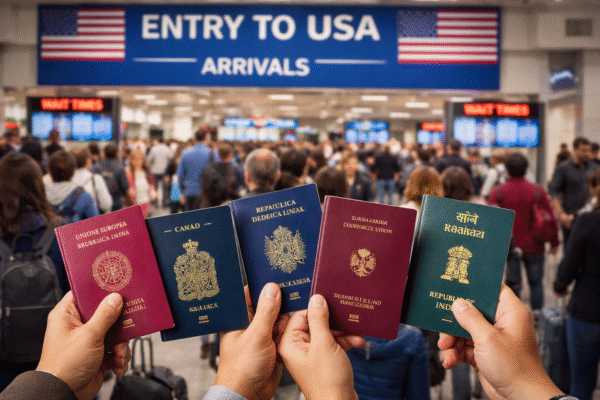AMMAN / MOSCOW – June 18, 2025 – In a landmark move aimed at stimulating tourism and enhancing cultural diplomacy, Jordan and Russia have officially launched 30-day visa-free entry policies for each other’s citizens and those from a group of partner nations. This decision aligns both countries with Georgia, the Philippines, and Palau, who already maintain similar visa policies that promote easier cross-border travel and global engagement.
The initiative allows eligible travelers to visit these destinations without a visa for up to 30 days per visit, with a maximum total stay of 90 days annually. This simplification of visa procedures is expected to increase tourist arrivals, fuel local economies, and deepen intercultural understanding among citizens of participating countries.
A Diplomatic Milestone in Tourism and Cooperation
The bilateral visa-free agreement between Jordan and Russia marks a culmination of extensive diplomatic negotiations aimed at enhancing bilateral cooperation. Officials from both nations—Russian Prime Minister Mikhail Mishustin and Jordanian Prime Minister Bisher Khasawneh—hailed the accord as a progressive step forward in facilitating mutual tourism, business travel, and people-to-people exchanges.
Jordan, known for its ancient ruins in Petra, the Wadi Rum Desert, and the Dead Sea, expects a surge in Russian tourists drawn by its historical and natural marvels. Meanwhile, Russia’s famed architectural wonders in Moscow, cultural landmarks in St. Petersburg, and its expansive rail networks like the Trans-Siberian Railway are expected to attract Jordanian travelers eager to explore the world’s largest nation.
Georgia, the Philippines, and Palau: Early Adopters of Visa-Free Travel
Jordan and Russia join a growing list of countries recognizing the socio-economic advantages of liberal visa policies. Georgia has long led the region with its simplified entry system, welcoming tourists from over 90 countries. The Philippines, a favorite among beach lovers and backpackers, and Palau, a Pacific island nation known for its pristine marine life, have both introduced 30-day visa-free regimes to encourage regional and long-haul tourism.
These nations, though varied in geography and culture, share a common vision: to open their doors wider to global travelers, supporting the recovery and expansion of the tourism sector post-pandemic.
Economic and Cultural Benefits of Visa-Free Travel
Visa-free policies are proven mechanisms for accelerating tourism, stimulating economic development, and strengthening global alliances. By removing visa barriers, these countries allow visitors to travel spontaneously, extend their stays more flexibly, and contribute directly to hospitality sectors, airlines, local artisans, and tourism-based SMEs.
Experts project that these agreements could yield double-digit growth in tourism revenue, especially for nations like Jordan, where tourism already accounts for a significant share of GDP. Similarly, Russia’s emphasis on developing its regional tourism infrastructure means more accessible experiences for international visitors beyond just the capital cities.
Moreover, visa-free access fosters greater people-to-people contact, enabling travelers to immerse themselves in local customs, festivals, and heritage, leading to enhanced global cultural literacy.
Travel Freedom for Citizens and Economic Growth for Nations
The newly expanded visa-free agreement grants citizens from these nations the ability to:
- Stay for up to 30 days per visit, with multiple entries allowed throughout the year
- Enjoy simplified entry without embassy appointments or visa fees
- Explore landmarks, natural wonders, and cultural heritage sites with ease
- Boost cross-border tourism and inspire reciprocal travel interest
The tourism ministries of Jordan and Russia have already announced joint initiatives to promote tourism flows, including marketing campaigns, travel fairs, and direct charter flight routes between Amman and Moscow.
Promoting Safer, Streamlined Travel in a Post-Pandemic Era
As the global travel industry rebounds from the COVID-19 pandemic, countries are focusing on low-barrier travel models that maintain safety without discouraging tourism. Visa-free travel not only attracts leisure travelers but also supports business delegates, students, and cultural exchange groups.
According to the World Tourism Organization (UNWTO), reducing visa restrictions can increase inbound tourism by up to 25%. The organization encourages countries to implement regional cooperation frameworks that balance security with accessibility—a balance Jordan and Russia are now embracing.
Jordan and Russia: Tourism Highlights
Jordan offers:
- Petra: A UNESCO World Heritage Site and one of the New Seven Wonders of the World
- Wadi Rum: Known as the Valley of the Moon, ideal for desert tours and stargazing
- Dead Sea: A unique, mineral-rich body of water with therapeutic properties
- Amman: A vibrant capital combining modernity and tradition
Russia boasts:
- Moscow: The Kremlin, Red Square, and historical cathedrals
- St. Petersburg: The Hermitage Museum, canals, and baroque architecture
- Lake Baikal: The world’s deepest freshwater lake, ideal for eco-tourism
- Sochi: A subtropical resort city on the Black Sea, known for its beaches and winter sports
Conclusion: A Growing Era of Travel Without Borders
Jordan and Russia’s decision to eliminate visa requirements for short-term stays reflects a global trend towards easier, more inclusive travel. In joining Georgia, the Philippines, and Palau, they are helping reshape international tourism into a more connected, culturally aware, and economically inclusive experience.
This visa-free initiative not only promises greater mobility and adventure for travelers but also represents an enduring commitment to diplomatic goodwill, economic collaboration, and global unity. For globe-trotters and first-time explorers alike, the future of international travel just became more accessible—and more exciting.
For more travel news like this, keep reading Global Travel Wire



















